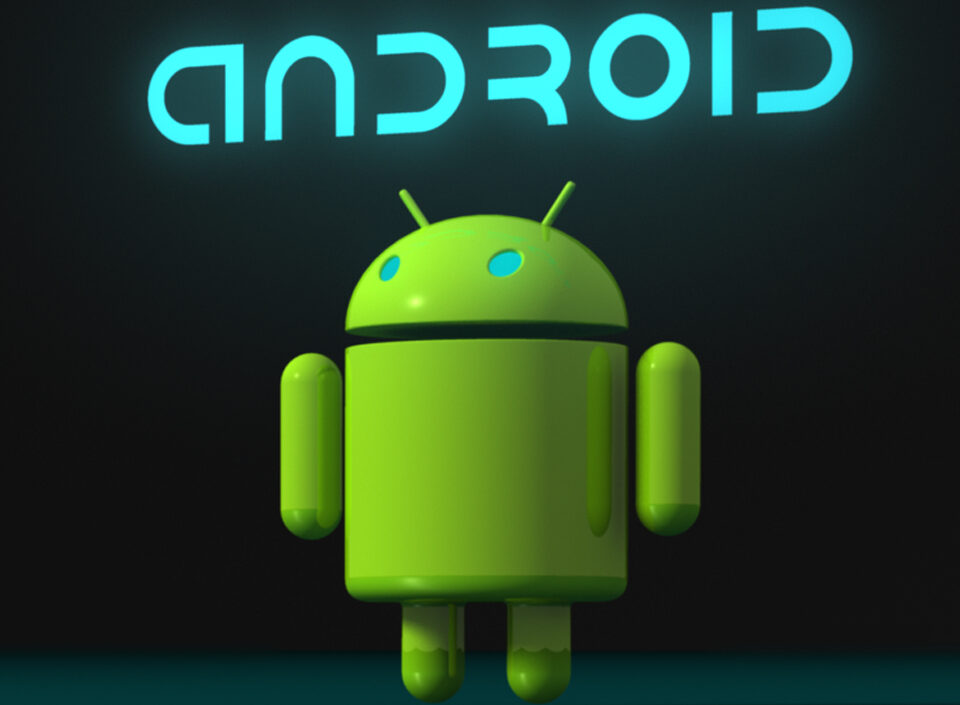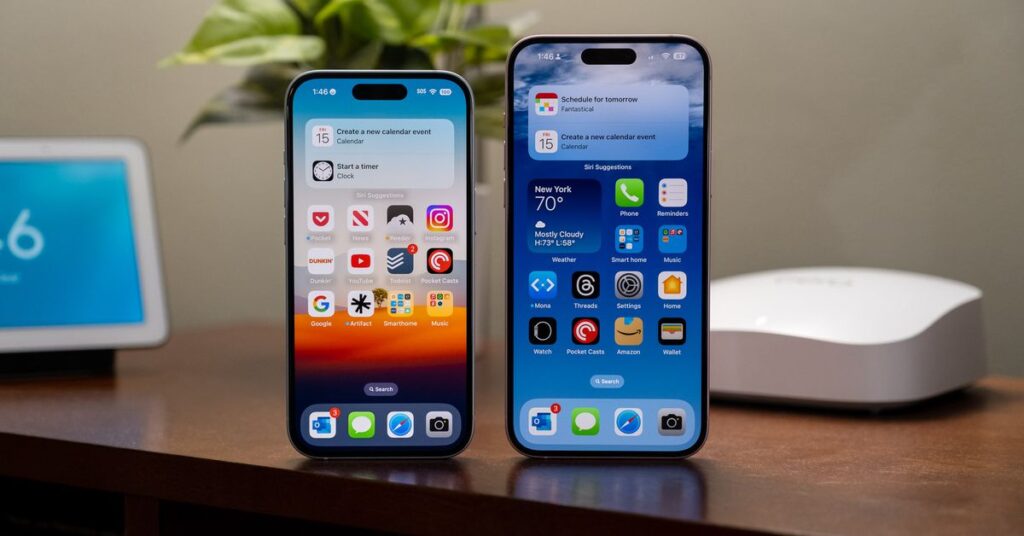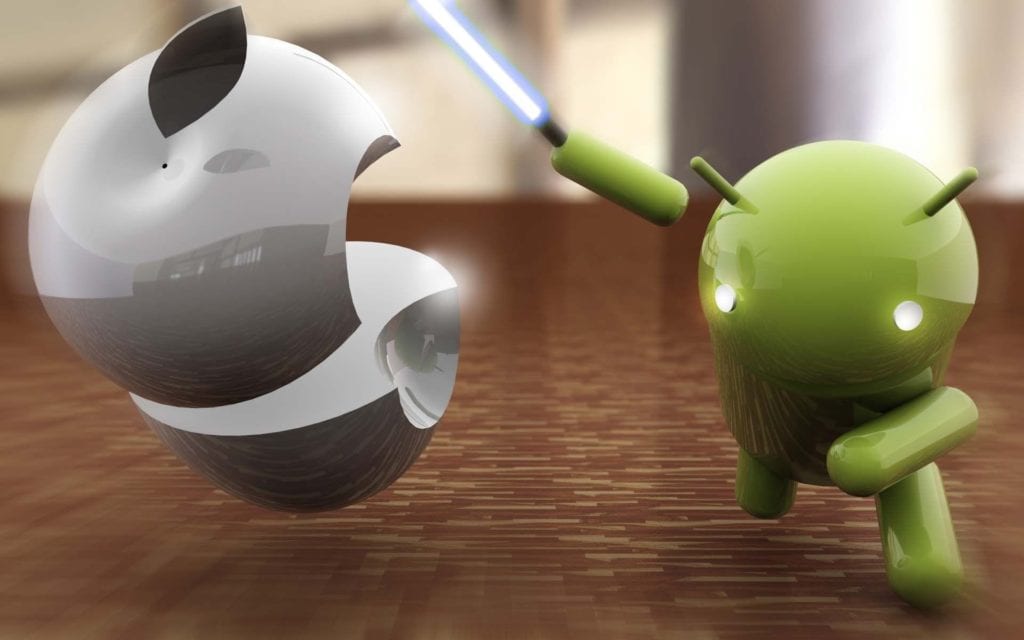Having a smartphone is a very different experience than having a conventional cell phone. Internet access opens the door to endless options, which are limited to the most basic devices. But entering this ecosystem may have different doubts, mainly not knowing what is better an iPhone or an Android phone.
Besides being the two operating systems that dominate the market, they are two very different technologies, each with advantages and disadvantages, giving the user very different experiences. That is why it is important to understand the basics of each, especially if we are thinking of buying a smartphone for the first time or if we want to give one to our parents or grandparents, who are unfamiliar with these devices.
One of the first considerations when choosing between Android and iOS, the iPhone operating system, is the availability of these devices. In the case of the first option, the alternatives are much more varied, with cell phones in all kinds of ranges from low to high prices. In all this range there are more advanced phones and other more basic ones. But, in general terms, Android has this advantage.
While the iPhone is a brand that targets the mid-high and high-end. Its newest devices are going to be among the most expensive and those with a lower price will be versions from previous years, which may imply upgrade problems in the future.
Customization and flexibility

One of the distinct advantages of Android over iOS is its customizability and flexibility. While iOS offers a more uniform and controlled experience, Android allows users to customize their devices according to their individual preferences.
For those who are entering the world of smartphones for the first time, the ability to customize their device can be an attractive feature that allows them to tailor their experience according to their needs and preferences.
Ease of use and security

While both operating systems offer an intuitive experience, there are significant differences in ease of use and security. iOS stands out for its simplified design and focus on security, with regular updates and a closed ecosystem that limits exposure to security threats.
Android, on the other hand, offers a greater variety of customization options but may be more vulnerable to security attacks due to its open-source nature. It can be an important decision for those who are just getting into smartphones, especially if they are not aware of the precautions against online attacks.
Ecosystem integration and exclusive apps
Another key difference between Android and iOS is ecosystem integration and exclusive apps. iOS offers seamless integration with other Apple devices, such as MacBooks or iPads, as well as access to a variety of exclusive apps such as iMessage and FaceTime.
Android, on the other hand, offers more extensive integration with third-party devices and a wider variety of apps available in the Google Play Store. So, it can be easier to link the phone with other devices at home or with those of other family members who have the same operating system.
As for exclusive applications, the digital stores offer access to almost the same options. So WhatsApp, Facebook, Instagram, email apps, and games will be accessible on both.
Upgrades and Long-Term Support
Finally, the difference in updates and long-term support can be a crucial factor for those purchasing their first smartphone. iOS excels at providing regular updates and long-term support for its devices, ensuring that users receive the latest features and security enhancements. Giving a longer range of device lifespan.
On the other hand, Android can vary in terms of updates, as it is up to manufacturers and operators to roll out new versions of the operating system.
This is a crucial point if the goal is to have the same phone for more than five years. Android is an open operating system and updates depend on the brand, while iOS is Apple’s own and its phones tend to have a longer lifespan as they receive security improvements and are compatible with applications.
